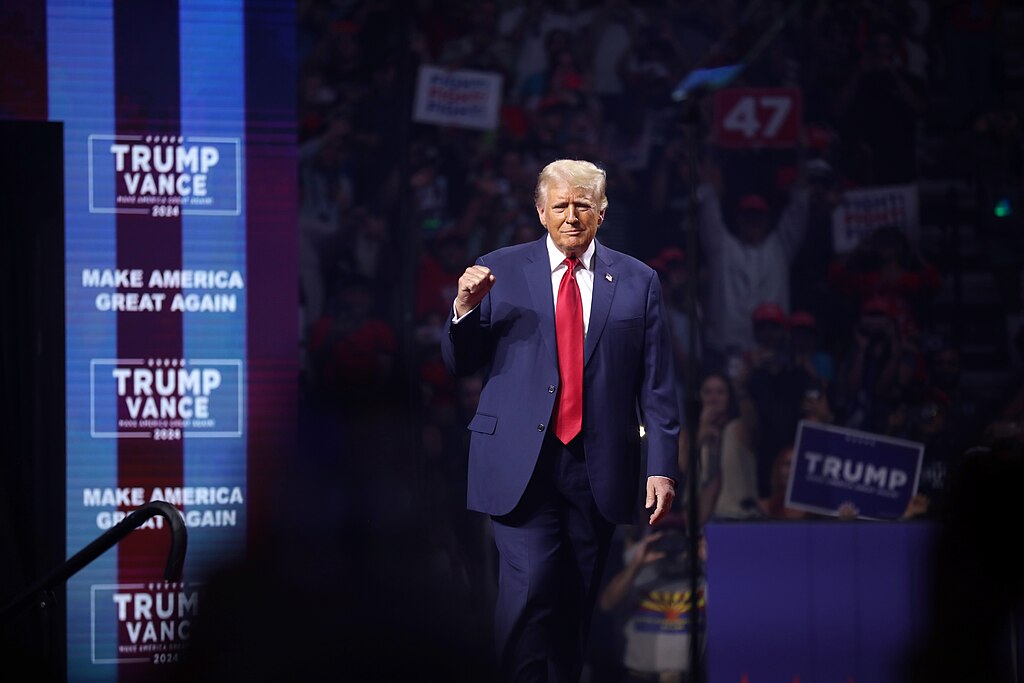The reelection of Donald Trump as U.S. president has stirred geopolitical conversations across the globe. However, Iran has made it clear that its ties with China will remain unaffected. In a statement made to the ISNA news agency, Ali Akbar Velayati, a senior adviser to Iran’s Supreme Leader Ayatollah Ali Khamenei, declared that Trump’s return to the White House would have no “impact” on Iran’s foreign policy, particularly its “long-standing, close and cordial” relations with China.
Strengthened Ties Despite U.S. Sanctions
Velayati’s remarks come at a crucial time when China and Iran are doubling down on their strategic partnership. During a recent meeting with Chinese Ambassador Cong Peiwu in Tehran, Velayati emphasized the importance of the historic and cultural relationship between the two nations. Over the years, China has not only emerged as Iran’s largest trading partner but also as a significant buyer of its sanctioned oil, underscoring the economic interdependence that could counter any renewed U.S. sanctions under Trump’s leadership.
In 2021, the two nations signed a sweeping 25-year agreement that spans critical areas such as energy, security, and infrastructure. This deal has solidified Beijing’s Belt and Road initiative in Iran, allowing the Islamic Republic to remain a key player in the global trade network despite mounting pressure from the West.
'Maximum Pressure' Redux?
During Trump’s first term, his “maximum pressure” campaign heavily targeted Iran, implementing a combination of crippling sanctions and diplomatic isolation. Many speculate that Trump’s return will reignite this approach. The appointment of Marco Rubio as Secretary of State has only added fuel to this speculation. Known for his aggressive stance against both Iran and China, Rubio’s position could pave the way for policies aimed at complicating the China-Iran partnership.
Velayati’s statements, however, indicate a strong resolve to resist U.S. influence. Echoing these sentiments, Iranian Oil Minister Mohsen Paknejad recently stated that Tehran has no “serious concerns” about oil sales, even in light of Trump’s election. This confidence is largely attributed to China’s continued purchase of Iranian crude oil, a critical lifeline for Iran’s economy.
A Test for U.S. Diplomacy
China, for its part, has reiterated its commitment to supporting Iran. In a meeting with Iranian President Masoud Pezeshkian in September, Chinese Foreign Minister Wang Yi reassured Tehran that Beijing’s support would remain steadfast “regardless of how the international and regional situation evolves.”
While Trump’s return to the Oval Office promises to shake up global geopolitics, Iran and China seem unfazed, presenting a united front. This strategic alliance is likely to challenge U.S. efforts to reassert dominance in the Middle East and Asia.
A Rocky Road Ahead?
With Trump and Rubio poised to double down on policies targeting both Tehran and Beijing, the coming months will test the resilience of Iran and China’s alliance. Whether this partnership will weather the looming storm of U.S. sanctions remains to be seen.



 China Warns US Arms Sales to Taiwan Could Disrupt Trump’s Planned Visit
China Warns US Arms Sales to Taiwan Could Disrupt Trump’s Planned Visit  Ghislaine Maxwell to Invoke Fifth Amendment at House Oversight Committee Deposition
Ghislaine Maxwell to Invoke Fifth Amendment at House Oversight Committee Deposition  New York Legalizes Medical Aid in Dying for Terminally Ill Patients
New York Legalizes Medical Aid in Dying for Terminally Ill Patients  Israel Approves West Bank Measures Expanding Settler Land Access
Israel Approves West Bank Measures Expanding Settler Land Access  Trump Signs Executive Order Threatening 25% Tariffs on Countries Trading With Iran
Trump Signs Executive Order Threatening 25% Tariffs on Countries Trading With Iran  Trump Allows Commercial Fishing in Protected New England Waters
Trump Allows Commercial Fishing in Protected New England Waters  Netanyahu to Meet Trump in Washington as Iran Nuclear Talks Intensify
Netanyahu to Meet Trump in Washington as Iran Nuclear Talks Intensify  Federal Judge Restores Funding for Gateway Rail Tunnel Project
Federal Judge Restores Funding for Gateway Rail Tunnel Project  India–U.S. Interim Trade Pact Cuts Auto Tariffs but Leaves Tesla Out
India–U.S. Interim Trade Pact Cuts Auto Tariffs but Leaves Tesla Out  Bosnian Serb Presidential Rerun Confirms Victory for Dodik Ally Amid Allegations of Irregularities
Bosnian Serb Presidential Rerun Confirms Victory for Dodik Ally Amid Allegations of Irregularities  Trump Congratulates Japan’s First Female Prime Minister Sanae Takaichi After Historic Election Victory
Trump Congratulates Japan’s First Female Prime Minister Sanae Takaichi After Historic Election Victory  U.S. Lawmakers to Review Unredacted Jeffrey Epstein DOJ Files Starting Monday
U.S. Lawmakers to Review Unredacted Jeffrey Epstein DOJ Files Starting Monday  Trump Administration Appeals Court Order to Release Hudson Tunnel Project Funding
Trump Administration Appeals Court Order to Release Hudson Tunnel Project Funding  Antonio José Seguro Poised for Landslide Win in Portugal Presidential Runoff
Antonio José Seguro Poised for Landslide Win in Portugal Presidential Runoff  Anutin’s Bhumjaithai Party Wins Thai Election, Signals Shift Toward Political Stability
Anutin’s Bhumjaithai Party Wins Thai Election, Signals Shift Toward Political Stability  Trump Lifts 25% Tariff on Indian Goods in Strategic U.S.–India Trade and Energy Deal
Trump Lifts 25% Tariff on Indian Goods in Strategic U.S.–India Trade and Energy Deal  Trump Backs Nexstar–Tegna Merger Amid Shifting U.S. Media Landscape
Trump Backs Nexstar–Tegna Merger Amid Shifting U.S. Media Landscape 































